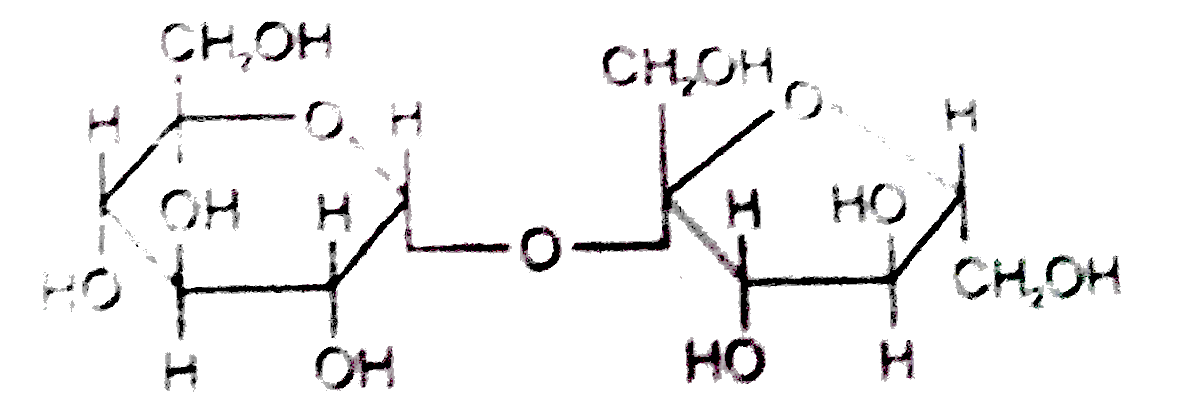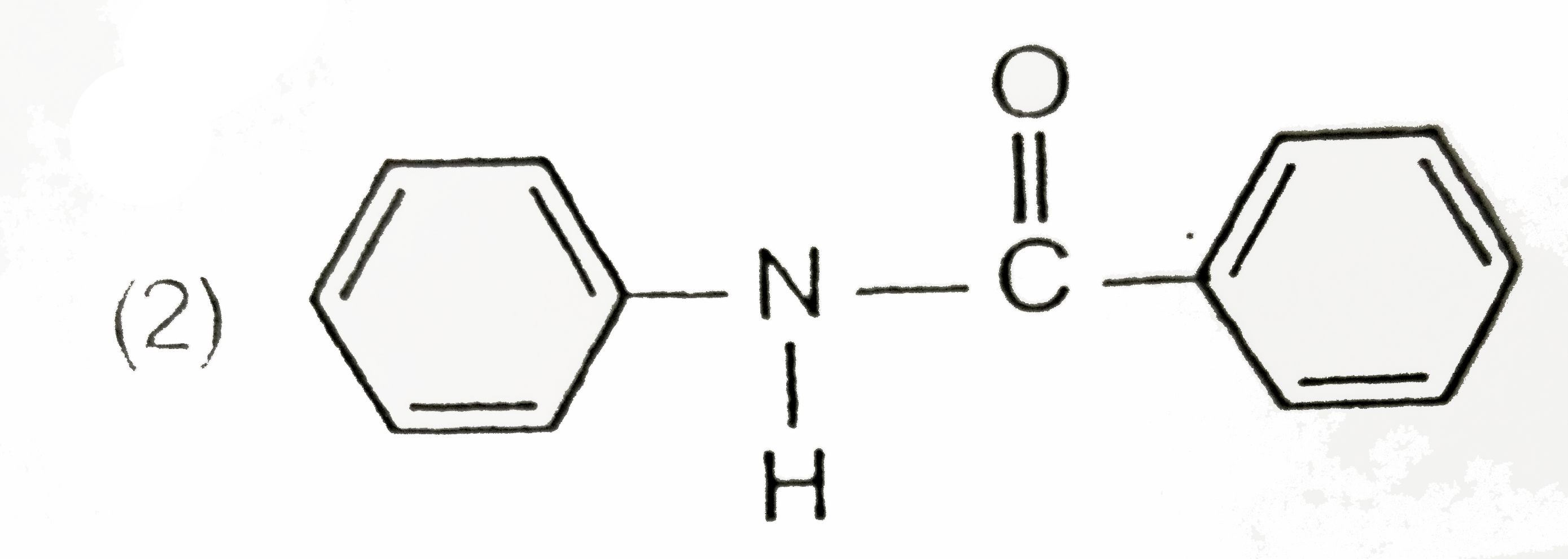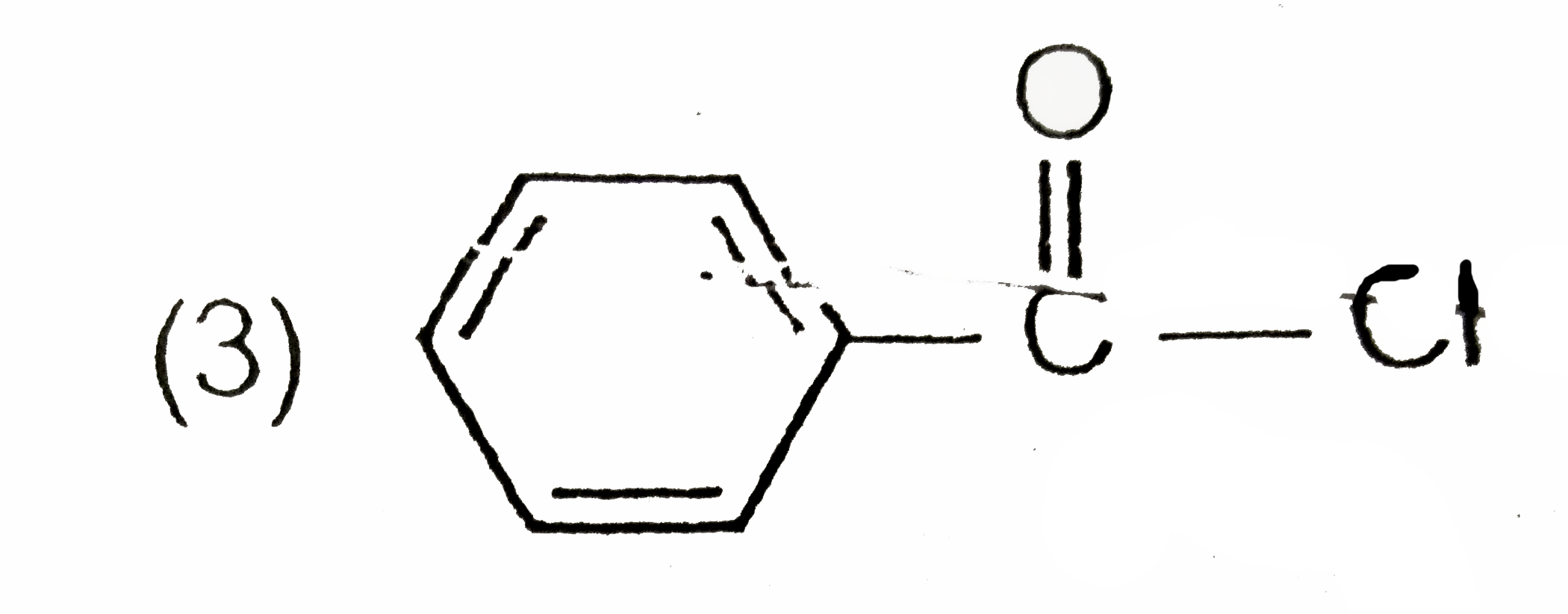which of the following compounds on hydrolysis will form cross linked silicones
CH3SiCl3
(CH3)2SiCl2
(CH3)3SiCl
SiCl4
To determine which compound will form cross-linked silicones upon hydrolysis, we need to analyze the structures of the given compounds and their behavior during hydrolysis.
1. Identify the Compounds:
Let's consider the compounds mentioned in the question. We will focus on the ones that are likely to undergo hydrolysis to form silicones. Common examples include dimethylsilane, trimethylsilane, and trichlorosilane.
2. Understanding Hydrolysis:
Hydrolysis involves the reaction of a compound with water, leading to the formation of new products. In the case of silanes, hydrolysis typically results in the formation of silanol (Si-OH) groups.
3. Dimethylsilane Hydrolysis:
When dimethylsilane (CH3-Si(OH)-CH3) undergoes hydrolysis, it forms silanol groups but does not lead to cross-linking. The reaction produces linear chains of siloxane (Si-O-Si) but lacks the ability to cross-link due to the absence of reactive groups at both ends.
4. Trimethylsilane Hydrolysis:
Trimethylsilane (Si(CH3)3) also undergoes hydrolysis but similarly does not form cross-linked structures. It primarily forms silanol groups and linear chains.
5. Trichlorosilane Hydrolysis:
Trichlorosilane (SiCl3) is a key compound to consider. Upon hydrolysis, each chlorine atom can be replaced by an OH group, leading to the formation of silanol groups. The reaction can occur from multiple directions (left, right, and below), allowing for the formation of a three-dimensional cross-linked network of siloxane bonds.
6. Conclusion:
Among the compounds analyzed, trichlorosilane is the one that, upon hydrolysis, will form cross-linked silicones due to the ability of its three chlorine atoms to react and create multiple siloxane linkages.
Final Answer:
The compound that will form cross-linked silicones upon hydrolysis is trichlorosilane.
---
Let's consider the compounds mentioned in the question. We will focus on the ones that are likely to undergo hydrolysis to form silicones. Common examples include dimethylsilane, trimethylsilane, and trichlorosilane.
Hydrolysis involves the reaction of a compound with water, leading to the formation of new products. In the case of silanes, hydrolysis typically results in the formation of silanol (Si-OH) groups.
When dimethylsilane (CH3-Si(OH)-CH3) undergoes hydrolysis, it forms silanol groups but does not lead to cross-linking. The reaction produces linear chains of siloxane (Si-O-Si) but lacks the ability to cross-link due to the absence of reactive groups at both ends.
Trimethylsilane (Si(CH3)3) also undergoes hydrolysis but similarly does not form cross-linked structures. It primarily forms silanol groups and linear chains.
Trichlorosilane (SiCl3) is a key compound to consider. Upon hydrolysis, each chlorine atom can be replaced by an OH group, leading to the formation of silanol groups. The reaction can occur from multiple directions (left, right, and below), allowing for the formation of a three-dimensional cross-linked network of siloxane bonds.
Among the compounds analyzed, trichlorosilane is the one that, upon hydrolysis, will form cross-linked silicones due to the ability of its three chlorine atoms to react and create multiple siloxane linkages.
The compound that will form cross-linked silicones upon hydrolysis is trichlorosilane.
Topper's Solved these Questions
Similar Questions
Knowledge Check
The following compound on hydrolysis will give
 AA pair of anomersBA pair of enantiomerisCA pair of epimersDA pair of molecules having common tautomer
AA pair of anomersBA pair of enantiomerisCA pair of epimersDA pair of molecules having common tautomerWhich of the following compounds on hydrolysis gives propyne?
ACaC2BMg2C3CAl4C3DBe2CWhich of the following compounds on hydrolysis yields a carboxylic acid?
A B
B C
C D
D
Which of the following compounds on hydrolysis gives acetylene ?
View SolutionWhich of the following compound undergo hydrolysis most easily :
View Solution
Which of the following compound on hydrolysis gives reactant (A):
View SolutionWhich of the following compounds on basic hydrolysis will gives formaldehyde ?
View SolutionWhich of the following compounds on alkaline hydrolysis gives ketone ?
View Solution
